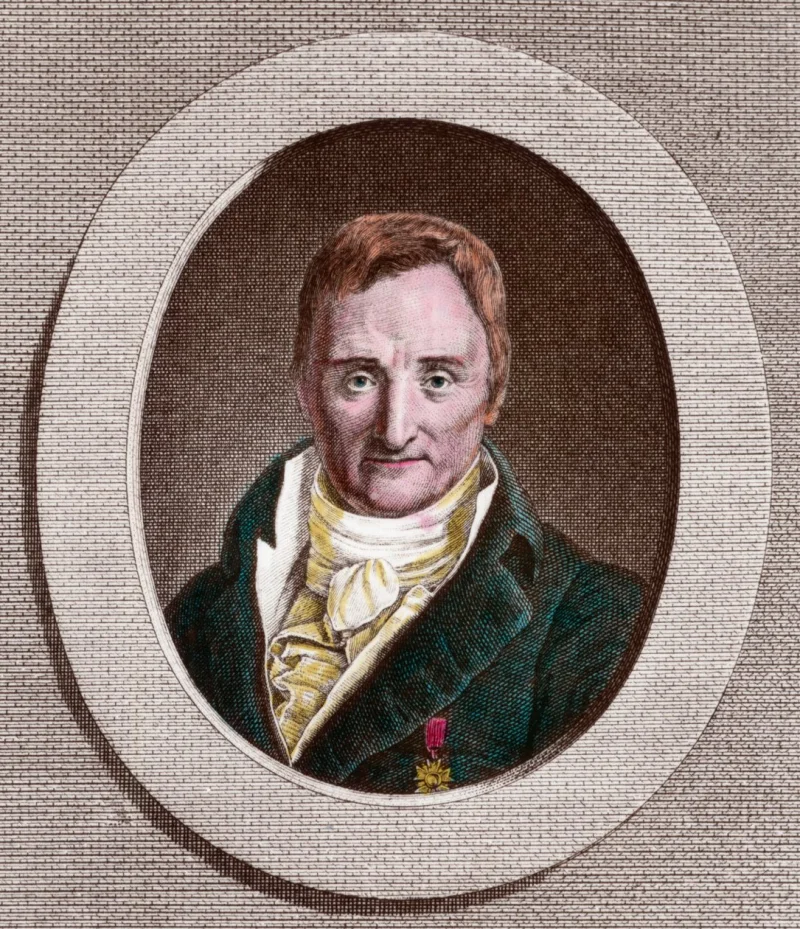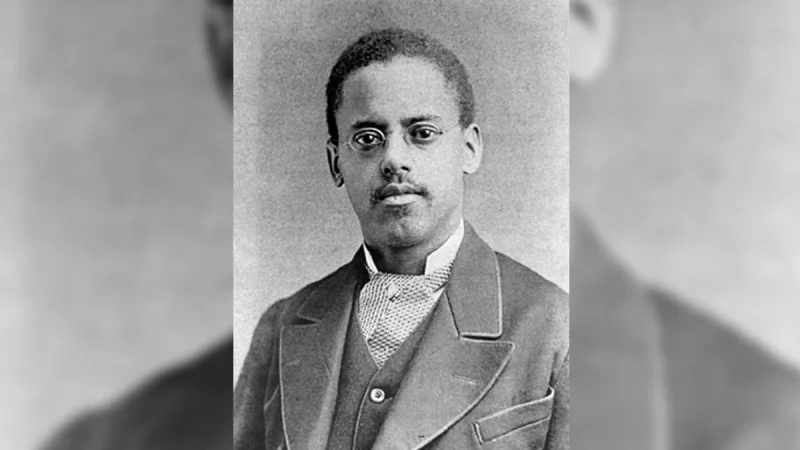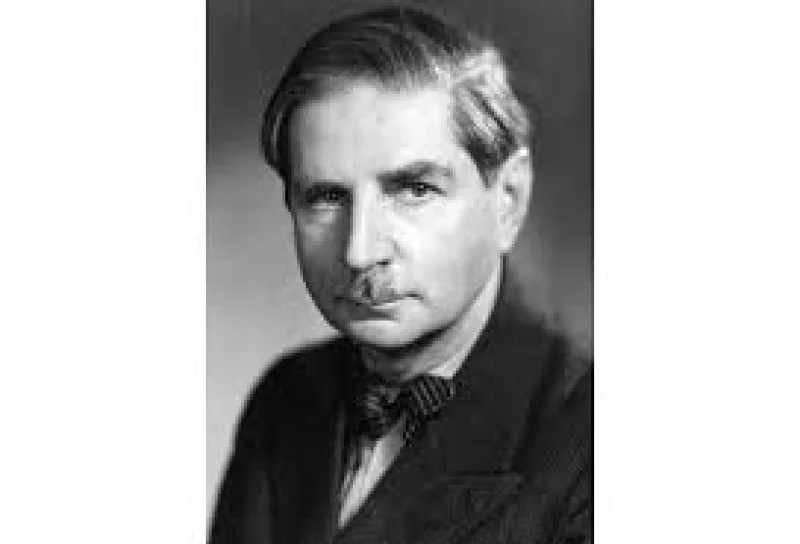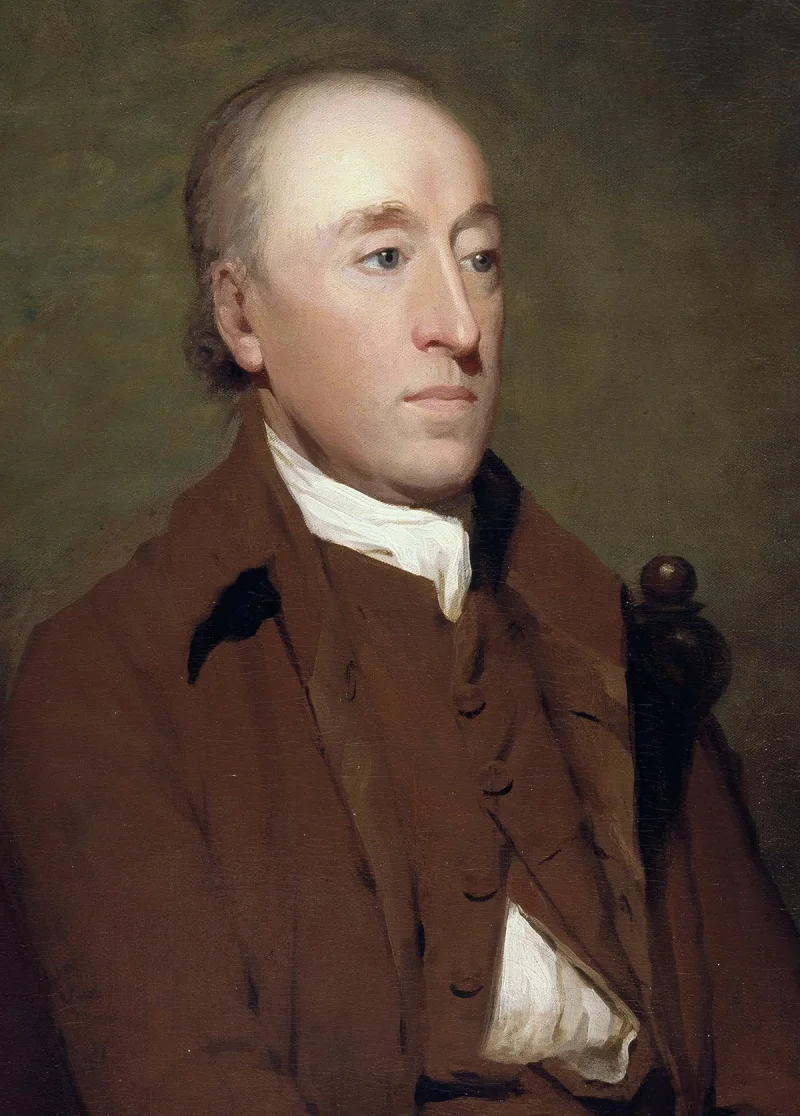Short Summary
Philippe Pinel was a pioneering French physician who played a major role in the development of modern psychiatry. He is best known for his innovative and humane treatment of the mentally ill, notably introducing the practice of unchaining patients at the Bicêtre Hospital in Paris. Pinel's work laid the foundation for moral therapy, emphasizing the importance of a compassionate and understanding approach to mental health care. His contributions to psychiatry have earned him lasting recognition as one of the founding figures of the field.
Early Life & Education
Philippe Pinel was born on April 20, 1745, in Jonquières, France. He was the son of a physician, which likely influenced his early interest in the medical field. Pinel received his early education at a Jesuit school and later pursued medical studies at the University of Toulouse, where he earned his medical degree in 1773. His education was marked by a keen interest in the human mind and behavior, which would shape his future career. Moving to Paris in 1778, he continued his studies in medicine, further developing his understanding of mental health.
Career Highlights
Philippe Pinel's career in medicine began in earnest when he moved to Paris, where he initially worked as a physician for wealthy families. In 1793, he was appointed the chief physician at the Bicêtre Hospital, a role that would define his legacy. There, he began implementing humane treatment methods for the mentally ill, advocating for better conditions and the removal of chains from patients. In 1795, he took up a similar position at the Salpêtrière Hospital, where he continued his work in mental health reform. Pinel's career was marked by his dedication to understanding and improving the treatment of mental illness.
Major Achievements
- Unchaining Patients: Pinel famously ordered the removal of chains from patients at the Bicêtre Hospital, marking a significant shift towards humane treatment.
- Moral Therapy: He developed the concept of moral therapy, emphasizing compassion and understanding in the treatment of mental illness.
- Published "Treatise on Insanity": In 1801, Pinel published a groundbreaking book outlining his observations and theories on mental disorders.
- Advocate for Humane Conditions: Pinel tirelessly advocated for improved living conditions for patients in mental health facilities.
Famous Quotes
- "It is an art of no little importance to administer medicines properly; but it is an art of much greater and more difficult acquisition to know when to suspend or altogether to omit them."
- "To unchain the insane is to give them back their humanity."
Interesting Facts
- Pinel's decision to unchain patients was initially met with resistance but proved highly successful.
- He was influenced by Enlightenment ideas, which emphasized reason and scientific inquiry.
- Pinel's work inspired future reforms in mental health care across Europe and beyond.
- He was a member of the Société Médicale d'Émulation, where he shared his ideas with other leading physicians of his time.
Legacy / Influence
Philippe Pinel's legacy in psychiatry is profound, as he is credited with transforming the approach to mental health care from one of neglect and cruelty to one of empathy and scientific inquiry. His principles of moral therapy laid the foundation for modern psychiatric practices, influencing countless reforms and advancements in mental health treatment. Pinel's humanitarian approach continues to inspire mental health professionals and advocates worldwide.
FAQ
Q: Why is Philippe Pinel famous?
A: He is famous for revolutionizing the treatment of the mentally ill by introducing humane practices and unchaining patients.
Q: What is moral therapy?
A: Moral therapy is a treatment approach emphasizing compassion, understanding, and humane conditions for the mentally ill.
Q: Where did Philippe Pinel work?
A: He worked at the Bicêtre and Salpêtrière Hospitals in Paris, where he implemented his reforms.













